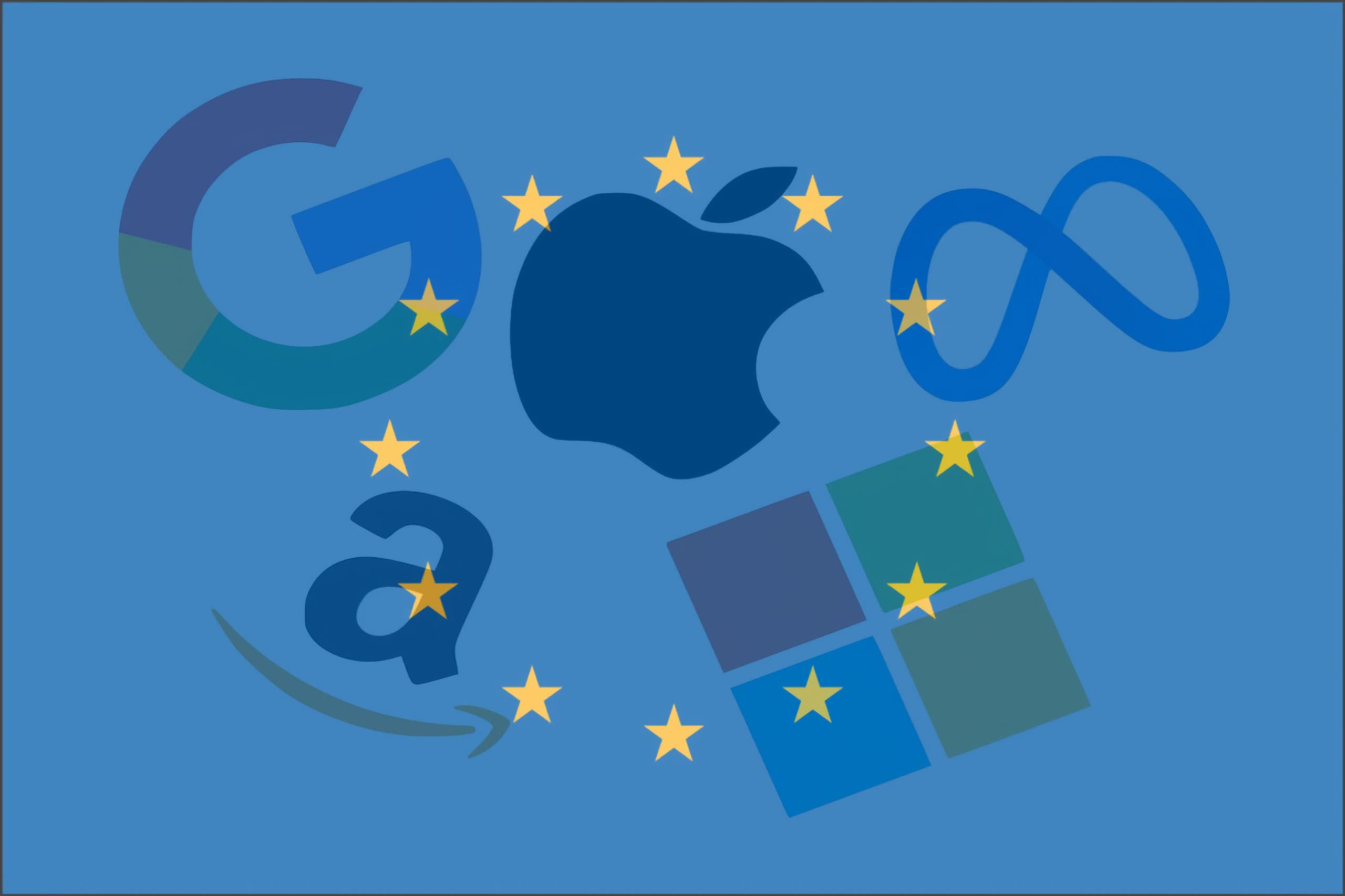What's at stake: Unlike many corporate fines we have seen in the past, the EU's DMA penalties aren't a mere slap on the wrist. Initial offenses could cost the company 10 percent of its global revenue, while subsequent violations are double. For example, Apple would be looking at a fine of over $35 billion. To put that into perspective, that is equivalent to half of Apple's iPhone sales evaporating instantly.
On Monday, the European Commission opened investigations into three of the Big Six tech gatekeepers due to suspicions of non-compliance with the Digital Markets Act (DMA). There are five probes in total – two for Google, two for Apple, and one for Meta.
The EC suspects that Google Play breaks anti-steering rules with its app store and Google Search continues to "self-preference" Alphabet's services in search results. Apple faces a similar charge of steering in the App Store, but the EC also thinks it is skirting requirements that allow users to pick their default apps. Finally, Meta's ad-free subscription model might be a "pay or consent" scheme to avoid user-privacy violations.
"We suspect that the suggested solutions put forward by the three companies do not fully comply with the DMA," said Commission Vice President of Competition Policy Margrethe Vestager. "We will now investigate the companies' compliance with the DMA to ensure open and contestable digital markets in Europe."
Also read: Spotify bashes Apple's new App Store policies in the EU, calls them "extortion"
The EC has ordered the companies to "retain certain documents" so it can review them to determine if they comply with the law. Additionally, Amazon and Microsoft received retention orders, but the Commission stopped short of investigating them. It seems that Bytedance is the only gatekeeper that is not under a microscope.
The steering, self-preferencing, and user choice probes are straightforward and mundane. What is interesting is the EC's interest in Facebook's ad-free subscription offering. Under the model, users can pay a fee to disable advertising on Facebook and Instagram.
Initially, Meta charged €9.99 per month (more when subscribing through Apple or Google). Reuters notes that after the EC got hung up on the fee, Meta Competition and Regulatory Director Tim Lamb told the Commission they would slash the fees to €5.99. However, this investigation and comments from EC Commissioner Thierry Breton indicate that 40 percent off might not cut it.
"The DMA is very clear: gatekeepers must obtain users' consent to use their personal data across different services," Breton said in a separate statement. "And this consent must be free!"
Breton appears to view the subscription as a "pay or consent" scam. However, if the EC rules that Meta's ad-free subscription is unlawful, what does that make other subscription services with ad-free tiers? It will be interesting to watch how this one plays out.
The probes come as no surprise, as competitors have been bellyaching about Big Tech's efforts – most notably Apple's – to implement DMA compliance policies since the beginning of the year. The EC expects its investigations to conclude within 12 months.

